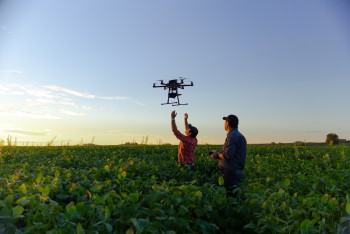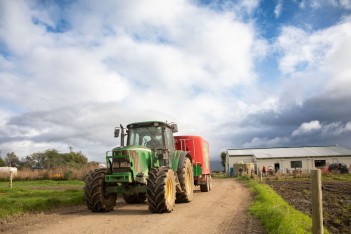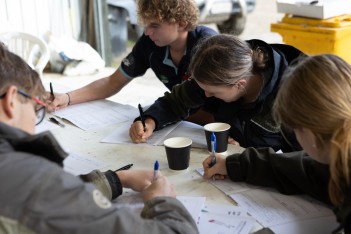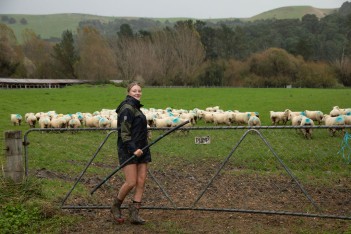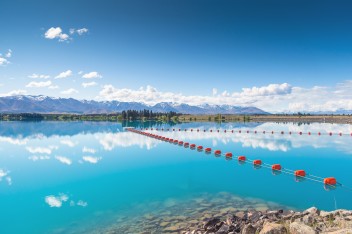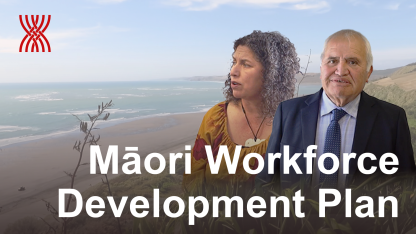2025 Investment Advice
Muka Tangata provides advice to TEC on investment in vocational education to influence funding decisions that considers industry needs, to help match skills and workforce demands with supply.
Learn moreIn 1814, Samuel Marsden brought the first dairy cows to Aotearoa for mission stations in the Bay of Islands. All settlements eventually had dairy cows, but in the early days butter was the only dairy product with any value, often bartered for other food or farm tools. In 1880, Aotearoa began exporting butter and cheese to Australia, and in 1882 Aotearoa sent the first export of frozen butter to London, United Kingdom.
Āpirana Ngata was an integral part of Māori farming in the 20th century, encouraging landowners to form trusts or incorporations to run farms. This gave them more access to funds for land development, through the Māori Land Development Scheme. Dairy farming (alongside sheep farming) subsequently expanded on the East Coast. In 2010, Aotearoa’s first Māori-owned milk processing company was started, with shareholders including multi-generational Māori landowners.
Most of the country’s dairy produce is now sold overseas, and today the Dairy industry is the country’s largest export earner, generating about $25 billion in revenue as of March 2023. In 2021, we counted 44,100 people in the dairy workforce. The industry is also a significant contributor to the Māori economy, with an estimated 11% of dairy businesses being Māori-owned, and 14% of the workforce identifying as Māori.
Like other industries, Dairy Farming is currently facing some significant challenges, including climate change, climbing interest rates and a chronic labour shortage, all of which are making dairy farming increasingly difficult. The industry is already playing a proactive role in planning for future workforce needs with the development of The Great Futures in Dairying Plan – Dairy NZ.
Find out about our work to assess the quality of programmes delivered by providers for this industry here.
Muka Tangata provides advice to TEC on investment in vocational education to influence funding decisions that considers industry needs, to help match skills and workforce demands with supply.
Learn more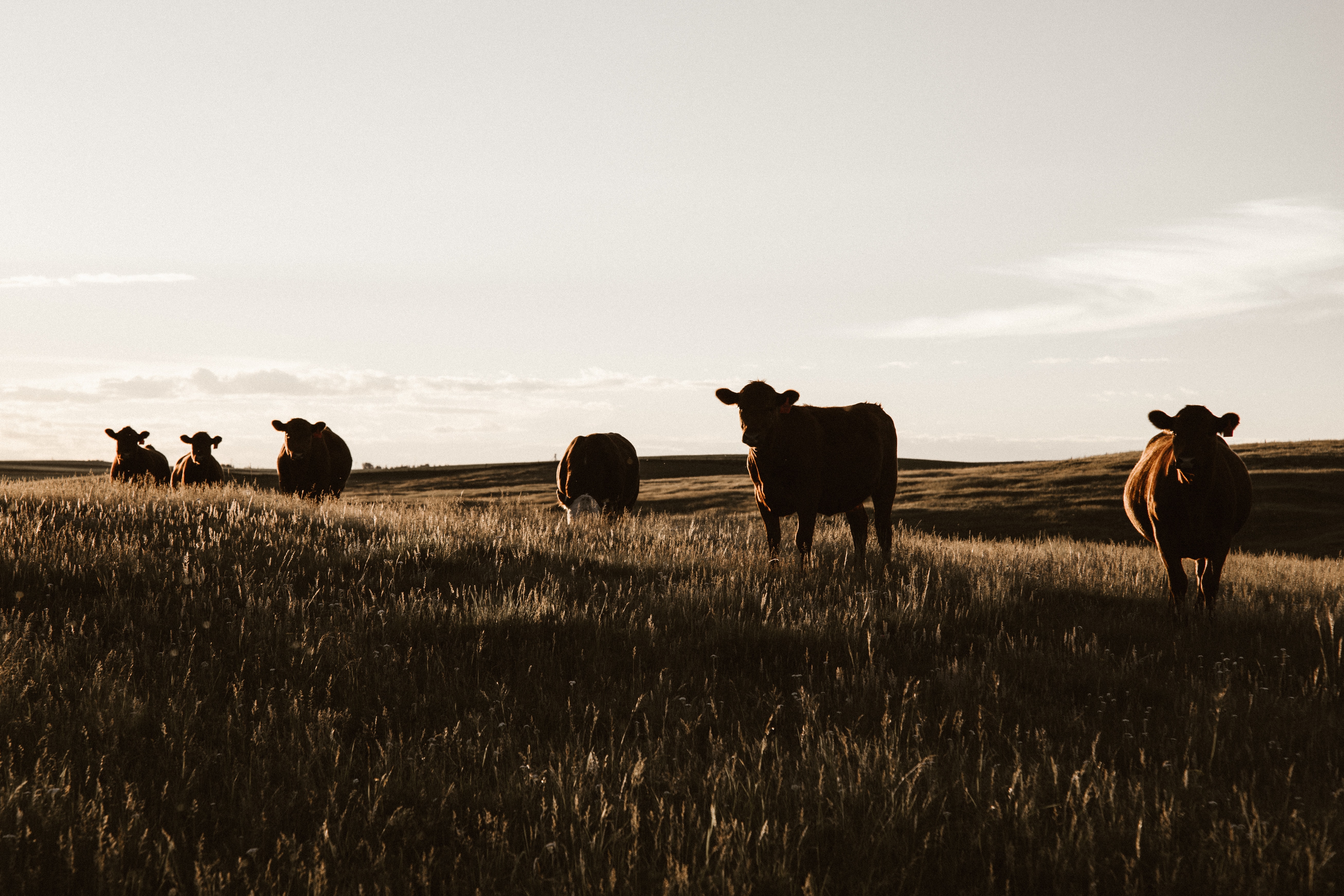
This section provides information about the workforce, industry and Vocational Education and Training (VET) provision and performance. It shows data and research focused on key aspects of Muka Tangata industry groups and learners. This section is expected to feature regular updates to the data and trends being showcased.
Insights for Industry about trends in economic performance indicators.
Insights on the workforce, including; size, ethnicity, age, regional distribution, and gender.
Insights about learners, including trends in enrolments and mix of provision.
We highlight the current key priorities and opportunities for each industry. These opportunities will be updated on an ongoing basis as our understanding of the industry evolves and deepens.
This is our plan to address the opportunities that arose from our engagement, research and analysis. It includes real actions that we are committed to delivering – these are both industry specific and cross-cutting actions across all industries in the food and fibre sector where common themes emerged.
It includes broader areas or dependencies where external parties will need to provide input into solutions with Muka Tangata support; for example, advocacy, engagement, collaboration, and provision of specific expertise or data. We will work in collaboration with those who will need to take the lead in this area. This section will test potential solutions that we’re working on and seek feedback and input into them.
